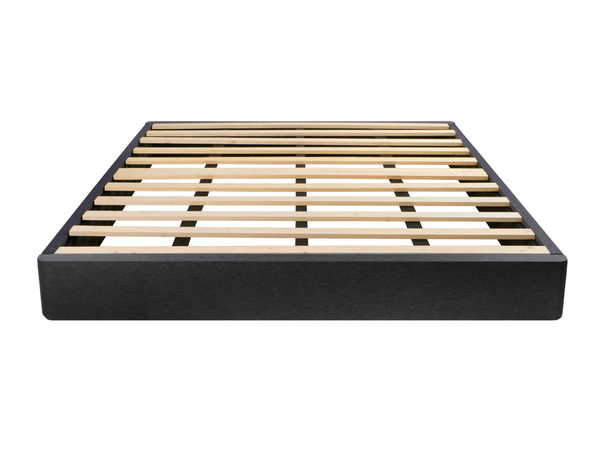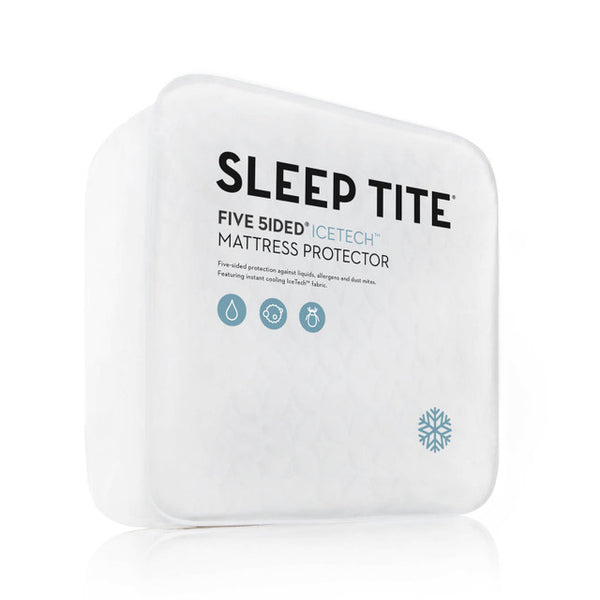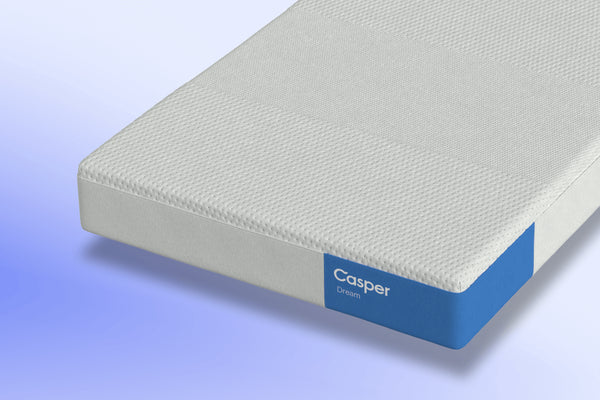
When it comes to achieving a blissful night’s rest, the mattress you choose plays a pivotal role. One widely debated factor in mattress selection is firmness. Not every mattress is created equal, and the firmness level that might be perfect for one person may not suit another. In this article, we will explore how mattress firmness influences sleep quality and provide tips to find the right one for you.
What is Mattress Firmness?
Mattress firmness refers to the feel of the mattress and how it supports your body while you sleep. It is typically rated on a scale from soft to firm. Soft mattresses conform closely to the shape of your body, providing a plush and cushiony feel. Firm mattresses, on the other hand, offer more support and less give. Understanding your preferences and sleep style is crucial in selecting the firmness that best suits your needs.
The Firmness Scale Explained
Most mattresses can be categorized into four general firmness levels:
- Soft (1-3 on the firmness scale): Ideal for side sleepers who need extra cushioning for their shoulders and hips.
- Medium (4-6 on the firmness scale): A balanced option catering to various sleep positions, often suitable for couples with different preferences.
- Medium-Firm (5-7 on the firmness scale): Offers a good blend of support and comfort, popular among back and stomach sleepers.
- Firm (7-10 on the firmness scale): Provides substantial support, making it a great choice for heavier individuals and back sleepers.
The Importance of Mattress Firmness in Sleep Quality
Sleep quality is influenced by a multitude of factors, including mattress firmness. The firmness of your mattress can affect everything from your sleep posture to muscle tension. Let’s dive deeper into how it affects your sleep.
Pressure Relief
One of the primary functions of a mattress is to relieve pressure on the body. A mattress that is too firm may cause uncomfortable pressure points, particularly for side sleepers who need support around the hips and shoulders. Conversely, a mattress that is too soft may allow your body to sink too deeply, leading to poor spinal alignment. Finding the right firmness helps distribute your body weight evenly, reducing pressure on sensitive areas and promoting more restful sleep.
Spinal Alignment
Proper spinal alignment is key to avoiding back pain and discomfort during the night. A mattress that is too soft can cause your spine to curve unnaturally, while one that is too firm may not allow your body to contour properly. A medium to medium-firm mattress often provides the balanced support needed to keep your spine aligned, allowing for a more comfortable and restorative sleep experience.
Temperature Regulation
A mattress also plays a role in temperature regulation during sleep. Firm mattresses often use denser materials that can amplify heat retention, resulting in a warmer sleeping environment. On the other hand, soft mattresses may allow for better airflow but can also trap body heat if they lack enough breathability. Understanding the firmness and materials of your mattress can help you choose a model that accommodates your sleeping temperature preferences, promoting better sleep quality.
Choosing the Right Firmness Based on Sleep Position
Different sleeping positions may require different levels of firmness to ensure comfort and support. Here’s how firmness correlates with various sleeping styles:
Side Sleepers
Side sleepers usually benefit from a softer mattress that can cradle the body, particularly around the shoulders and hips. A soft to medium-firm mattress provides the necessary cushioning without sacrificing support, allowing side sleepers to maintain a natural spinal alignment.
Back Sleepers
Back sleepers typically need a medium to medium-firm mattress. This level of firmness helps maintain the natural curve of the spine, providing adequate support in the lumbar region. It allows back sleepers to enjoy comfort while also avoiding sinking too deeply into the mattress.
Stomach Sleepers
Stomach sleepers generally prefer firmer mattresses to prevent the hips from sinking too far into the mattress. A suitable firm standard keeps the spine aligned, reducing the risk of neck and back pain. Medium-firm options can also work, as long as they provide enough support in the lower back.
How Your Body Type Plays a Role
Your body weight and type are crucial in determining the best mattress firmness for you. Generally, body weight influences how much you sink into the mattress and how it feels. Here’s how different body types interact with firmness levels:
Lighter Individuals
Lighter individuals (under 130 lbs) may find soft to medium-firm mattresses more comfortable. They can benefit from the contouring properties of softer materials, which provide better pressure relief and comfort.
Average Weight Individuals
People weighing between 130-230 lbs often fare well with medium to medium-firm mattresses, allowing a supportive yet plush sleeping experience that addresses both comfort and spinal alignment needs.
Heavier Individuals
Heavier individuals (over 230 lbs) typically need firmer mattresses that provide adequate support and prevent excessive sinking. A firm mattress ensures that they receive the necessary support to maintain spinal alignment and reduce discomfort.
Testing the Mattress Firmness
Before purchasing a mattress, it’s important to test its firmness. Here are a few tips to properly evaluate a mattress:
- Lie Down: Spend a few minutes in your usual sleeping position on the mattress to assess comfort and support.
- Move Around: Change positions to gauge how the mattress responds and whether it offers consistent support.
- Check for Pressure Points: Pay attention to areas that feel pinched or uncomfortable, which may indicate a need for different firmness.
Additional Factors to Consider
While mattress firmness is crucial, there are several other variables that contribute to overall sleep quality:
Material Quality
The materials used in a mattress can affect both its firmness and comfort. High-quality materials like natural latex or memory foam tend to provide better durability and support compared to lower-grade materials. Look for mattresses with certifications ensuring they are free from harmful chemicals.
Motion Isolation
If you sleep with a partner, motion isolation—the ability to minimize disturbances when one person moves—becomes especially important. Memory foam and hybrid mattresses often excel at motion isolation, allowing you to move without waking your partner.
Edge Support
Good edge support is crucial for those who sit on the edge of the bed or sleep towards the perimeter. A mattress with adequate edge support provides stability and reduces the feeling of rolling off the bed.
Elevating Your Sleep Experience
Once you understand how mattress firmness impacts your sleep, you can take additional steps to enhance your comfort. Incorporating pillows, mattress toppers, and even adjustable bed bases can help fine-tune your sleep environment. Remember, your sleep set-up is personal, so feel free to experiment until you find what works best for you.
Your Journey to Better Sleep Awaits
In the quest for restful sleep, mattress firmness should not be underestimated. It plays a vital role in ensuring that your body is properly supported, leading to heightened sleep quality. By aligning the choice of mattress firmness with your sleep style, body type, and quality materials, you set yourself on a path to restorative sleep. The journey to your most comfortable night’s sleep begins with understanding the significance of firmness. Armed with this knowledge, you’re now ready to explore your options—here’s to sweeter dreams ahead!









